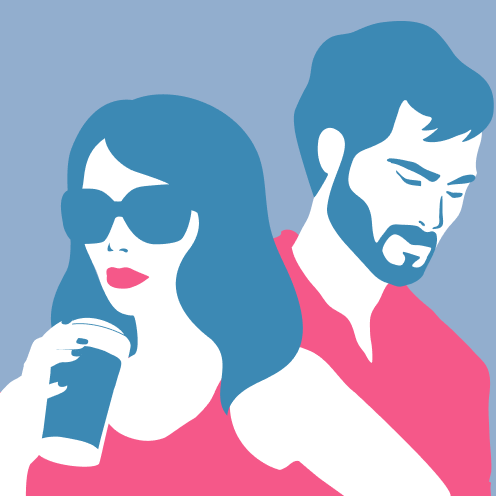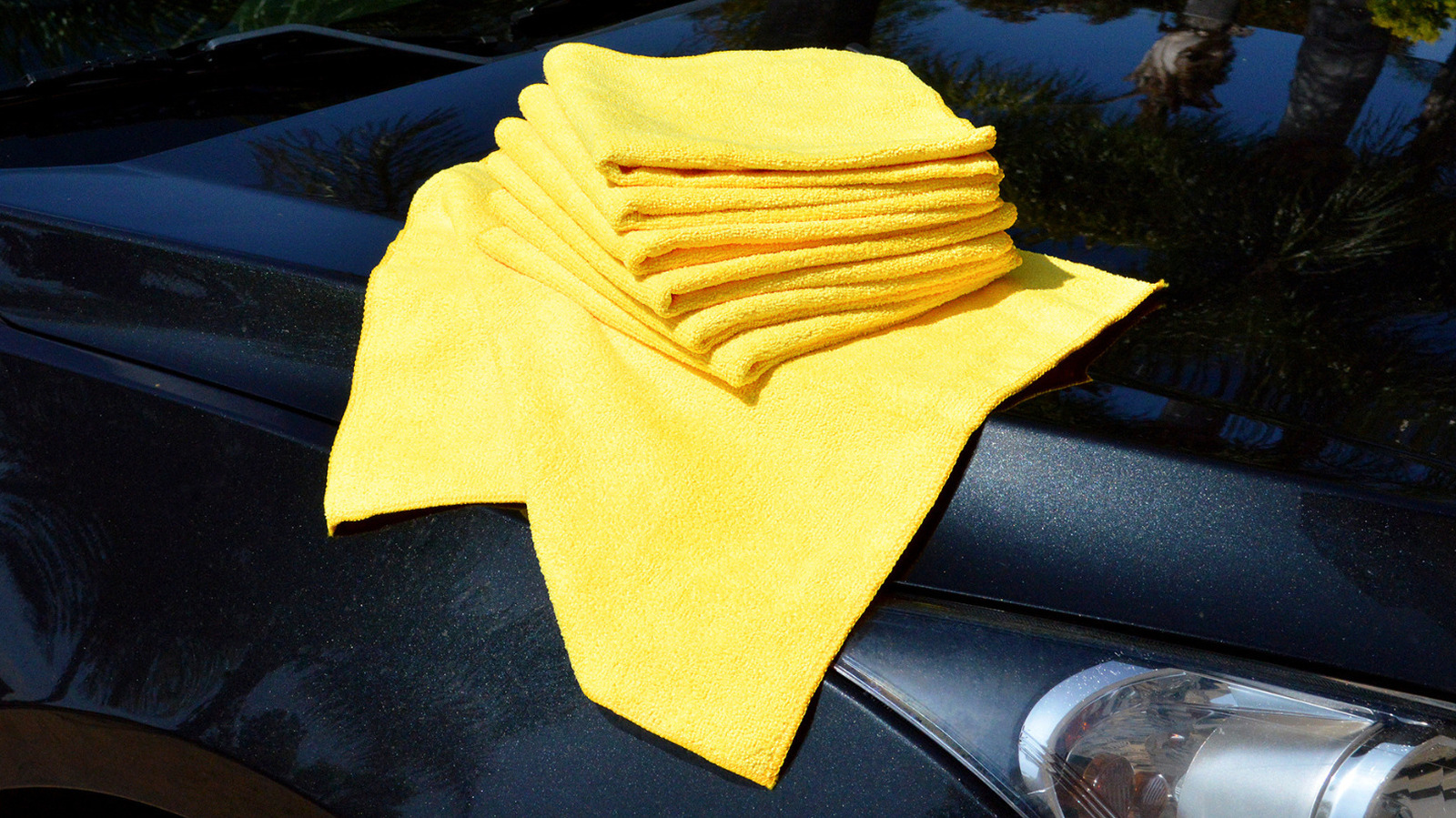- Lifestyle
Our community said a Greater Manchester bar’s solo-drinker ban sends the wrong message, arguing it unfairly stigmatises people on their own and shuts down a long-standing part of British pub culture
Tuesday 25 November 2025 09:55 GMTComments Strangers or friends you haven't met yet? (Getty/iStock)
Strangers or friends you haven't met yet? (Getty/iStock)
Stay ahead of the curve with our weekly guide to the latest trends, fashion, relationships and more
Stay ahead of the curve with our weekly guide to the latest trends, fashion, relationships and more
Stay ahead of the curve with our weekly guide to the latest trends, fashion, relationships and more
 Email*SIGN UP
Email*SIGN UPI would like to be emailed about offers, events and updates from The Independent. Read our Privacy notice
Independent readers were largely baffled – and a bit enraged – by the idea of banning people from drinking alone.
It comes after a bar in Greater Manchester defended its unusual door policy that sees solo partygoers unwelcome after 9pm.
Many felt the policy stigmatises something completely normal and could make Britain’s “loneliness epidemic” even worse.
Several pointed out the obvious flaw: it’s usually groups, not solo drinkers, who cause the chaos.
Others said bars have long been safe pit-stops for people walking alone at night – especially women – and stripping that option away feels backwards.
Some saw the rule as part of a wider cultural shift towards suspicion of anyone on their own. One commenter called it an embrace of “mass group think”.
Readers also lamented the lost joy of spontaneity – chatting to strangers, killing time before a train, or having a quiet pint after work.
Here’s what you had to say:
Social butterfly syndrome
Arrh, Social butterfly syndrome (as I call it) in action again! This is characterised by other people's expectations of what is a social norm, regardless of an individual's circumstances and factors (yup, I have just made this definition up!).
As someone who is deemed a 'loner' or 'socially defective' regardless of past experiences (sudden bereavement resulting in loss of social networks), chronic illness (similar to CFS), and late diagnosis of SpLDs/neurodivergence (not ASD), my way of socialising is not, unsurprisingly, a little offbeat. But that in no way means I can't operate socially, or that I find it difficult, or that I don't want to do it! I also admit that I'm in my 40s (no longer classed as a young person).
Being the age I am, and having a social sciences background, I feel that society has changed almost to 'mass group think' rather than acceptance of 'we are all individuals', and as individuals we all bring something to the party! This is worse now since Covid, possibly due to society's desire to reconnect and social media trends.
The question I quite regularly ask is, 'Who sets the expected norms of socialising?' Also, a view could be that people who socialise alone are strong, adaptable individuals who are proactive, know what their needs are, and they may or may not be lonely. It's only people who attach negative labels who actually have the problem, because they don't give someone the chance to shine!
Kellysmartie
Solo drinkers are not at fault
I strongly oppose this opinion of the owner. What he is essentially saying is, do not step into my bar after dark as a solo drinker; it is not safe, and I will not bother enforcing safety, and anything happens is on you. Because if pubs, bars, and other joints had proper security, were vigilant, and looked after the floor properly, nobody would be locked in the toilet without anyone knowing. Accidents do happen, but that usually is an accident and not the fault of someone who is there by themselves. I have been out on my own so many times and still do, and that is now my fault? Give me a break.
Jim
Pubs as places of safety
I have occasionally had the experience of being followed, harassed, or threatened when walking alone after dark. Like many women, I look out for places of safety when out alone – a pub or bar is usually a potential refuge. Being prevented from entering because I’m alone would, in such circumstances, put me at greater risk. I’m not suggesting that bar owners have any particular responsibility for women in such situations, but I do hope they are willing to be flexible and kind if asked.
kathz
Groups cause more problems
I ran a pub for 14 years. In my limited experience, far, far more difficulties and problems with behaviour were caused by groups – mainly men, sometimes women – who sometimes push the boundaries of what is appropriate and acceptable, because being in a "gang" emboldens some people, especially when they've had a bit to drink.
bloodwort
Choose another bar
Just don’t go to that bar. The thousands of business people staying in Manchester every night by themselves can spend their money elsewhere and have a great night with the lovely locals, most of whom are happy to have a chat at the bar with a lone traveller. I’ve had many great nights that started with a drink at the bar by myself. Long may it continue.
Papamoomin
Money, not morals
This is about the bottom line, of course. If people are in groups, then there is less need for security, as the group will police itself and give the bar staff/owner vital information regarding any trouble (as mentioned in the article).
Groups of people spend more money and fill up the space more effectively.
It’s not about changing social mores, but about money; it pretty much always is.
Toomuchinformation
Pubs as social spaces
Bars have always been the social pressure-valve where single people, travelling workers, bored locals, and the terminally shy can sit, watch the room, sip a drink, and maybe talk to someone. Blocking solo entry breaks that old function completely. It turns a bar from a social space into an organised group-activity venue, like laser tag with cocktails.
The owner’s explanation is classic liability-culture paranoia. “If someone falls, who tells us what they drank?” In normal bars, the answer is simple: the bar itself watched them drink it. You don’t need a chaperone to buy a gin and tonic. The idea that a lone adult becomes “a vulnerable situation” the moment they step inside says more about how infantilised British nightlife has become, with bouncers acting like risk managers rather than hosts.
There is also a strange contradiction. The same nightlife industry that worries about loneliness, mental health, and social isolation now tells solitary people they are suspicious, inconvenient, or unsafe. That message cuts deep in a country where millions live alone.
And culturally, Britain has never been a Mediterranean plaza where groups dominate every table. British pubs were literally built around the solo drinker, the silent pint, the newspaper in the corner, the traveller passing through. Remove that, and you amputate the thing that made pubs and bars feel open rather than gated.
The columnist’s nostalgia isn’t naïve; it’s pointing at the heart of the issue. Bars aren’t just drink dispensers; they are low-threshold meeting spaces. When a venue bans anyone who arrives without a ready-made pack, it tells the loneliest people that connection is reserved for those who already have friends.
In a loneliness epidemic, that’s the worst possible signal.
Holladrio
Some of the comments have been edited for this article for brevity and clarity.
Want to share your views? Simply register your details below. Once registered, you can comment on the day’s top stories for a chance to be featured. Alternatively, click ‘log in’ or ‘register’ in the top right corner to sign in or sign up.
Make sure you adhere to our community guidelines, which can be found here. For a full guide on how to comment click here.
More about
BarpubsPeopleYour ViewsJoin our commenting forum
Join thought-provoking conversations, follow other Independent readers and see their replies
Comments


